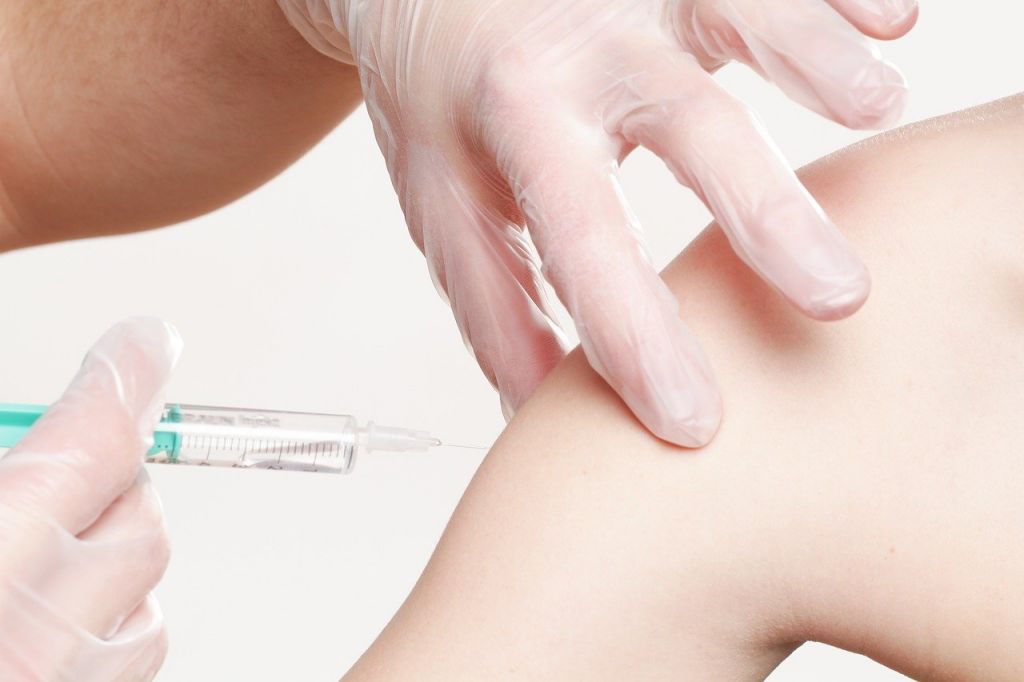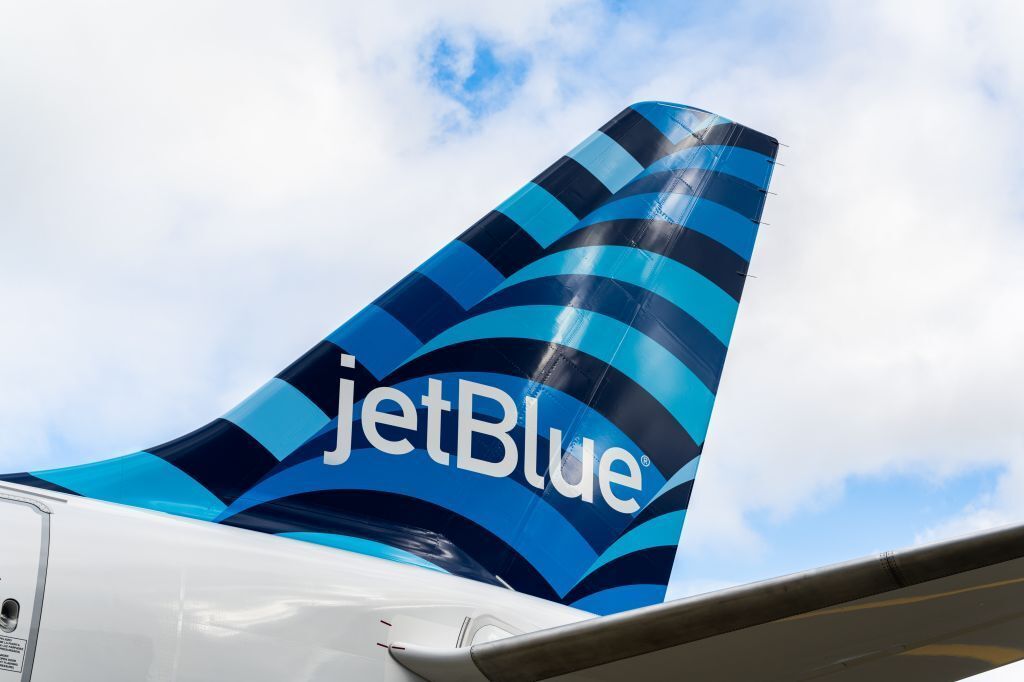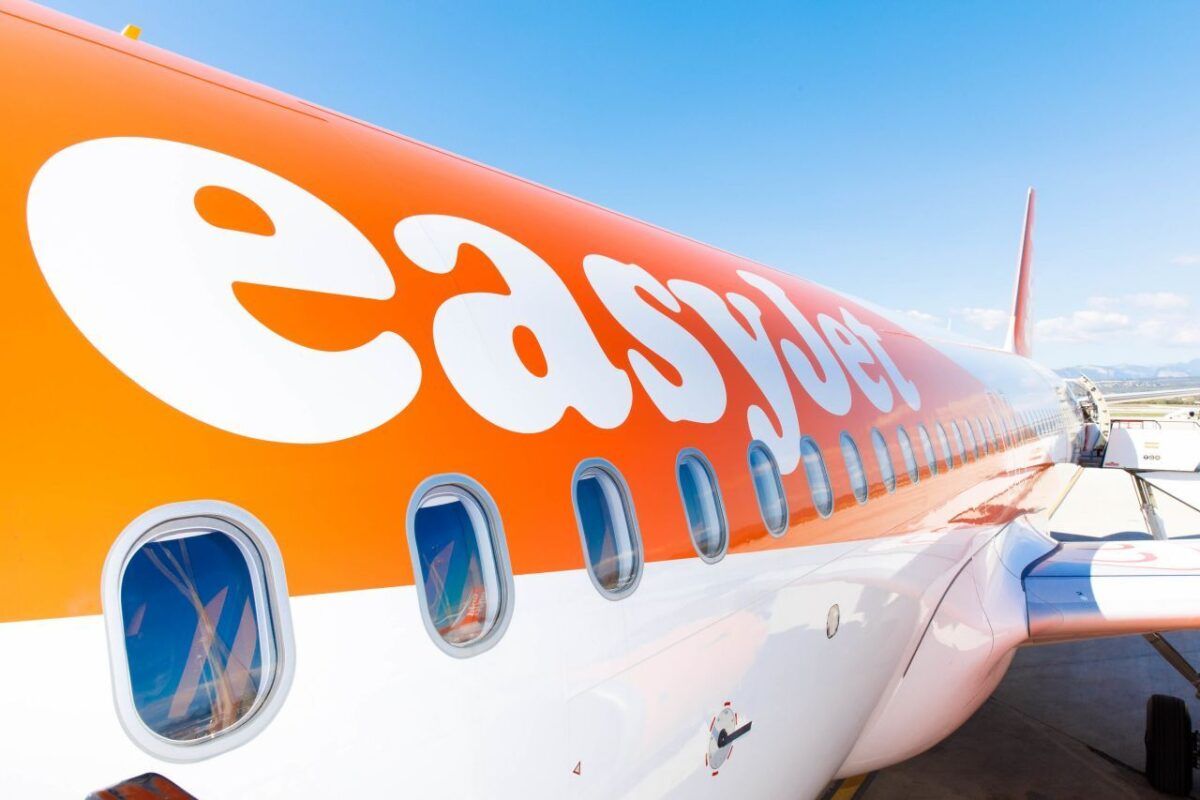To celebrate World Sea Turtle Day, the TUI Care Foundation and Turkish non-profit organization DEKAMER are organizing an event to attach a satellite tracking device to a rehabilitated green sea turtle.
The event is part of the joint DEKAMER and TUI Care Foundation ‘Turtles and Tourism Together’ project, which aims to protect sea turtles on nesting beaches on the western Mediterranean coast of Turkey and also at sea. The project is part of TUI Care Foundation’s Turtle Aid Programme and will help to provide a better understanding of the migration patterns of the under-researched juvenile green sea turtle.
Sea turtles are keystone species, which means they are vital to the marine ecosystem. However, six of the seven sea turtle species are still listed as endangered and in order to protect them, it’s vital to know where they live in the sea and which migratory routes they use.
The TUI Care Foundation and DEKAMER are working together to protect, rehabilitate and track injured sea turtles at DEKAMER’s rehabilitation centre in Dalyan, Turkey. Many of the turtles at the rescue centre have been injured by fishing activities or speed boat traffic in the sea. DEKAMER was the first turtle rescue centre established in Turkey.
This year on World Sea Turtle Day, the TUI Care Foundation and DEKAMER will attach a satellite tracking device to a green sea turtle (Chelonia mydas) called Talay. The name Talay means God or Goddess of Ocean and Sea in Turkish. The name is gender neutral as it is difficult to determine the sex of young turtles until they are older. Talay is between 15-20 years old and was rescued by DEKAMER after having ingested a fishing line and other plastics. Following treatment at the rescue centre for almost nine months, Talay has now recovered and is ready to head back to Mediterranean waters.
This is the second time a satellite tracking system has been attached to a sea turtle as part of this joint initiative. In 2019, a rehabilitated adult loggerhead sea turtle (Caretta caretta) called Tuba was released by DEKAMER back into the Mediterranean Sea, with a GPS-Fix satellite tracking device. Tuba has since travelled over ten thousand kilometers across the Mediterranean Sea to the Adriatic Sea and the Ionian Sea, and her journey has been followed by nearly four and a half million people.
To raise awareness about the importance of protecting endangered species, the initiative also works to educate tourists and the local community and explain how they can help to protect turtles in Turkey. DEKAMER advises that any injured or unconscious sea turtles found in Turkey should be reported to them or to local conservation organisations and that eggs or hatchlings should not be touched. They also stress that using plastic at the beach, especially plastic bags, should be avoided, as sea turtles can sometimes confuse plastic bags with jellyfish and eat them.
Beachfront businesses can also support conservation efforts by keeping beachfront turtle nesting zones clear of sunbeds and other obstacles, especially at night, which is when turtles lay their eggs on the beach. Avoiding the use of white light at night and using red light on nesting beaches is also important.
With the right care and consideration and by following the code of conduct on nesting beaches, the conservation of healthy ecosystems can be ensured and turtles and tourists can happily live side by side.
More about the live event on June 16th: https://facebook.com/dekamerturkey















